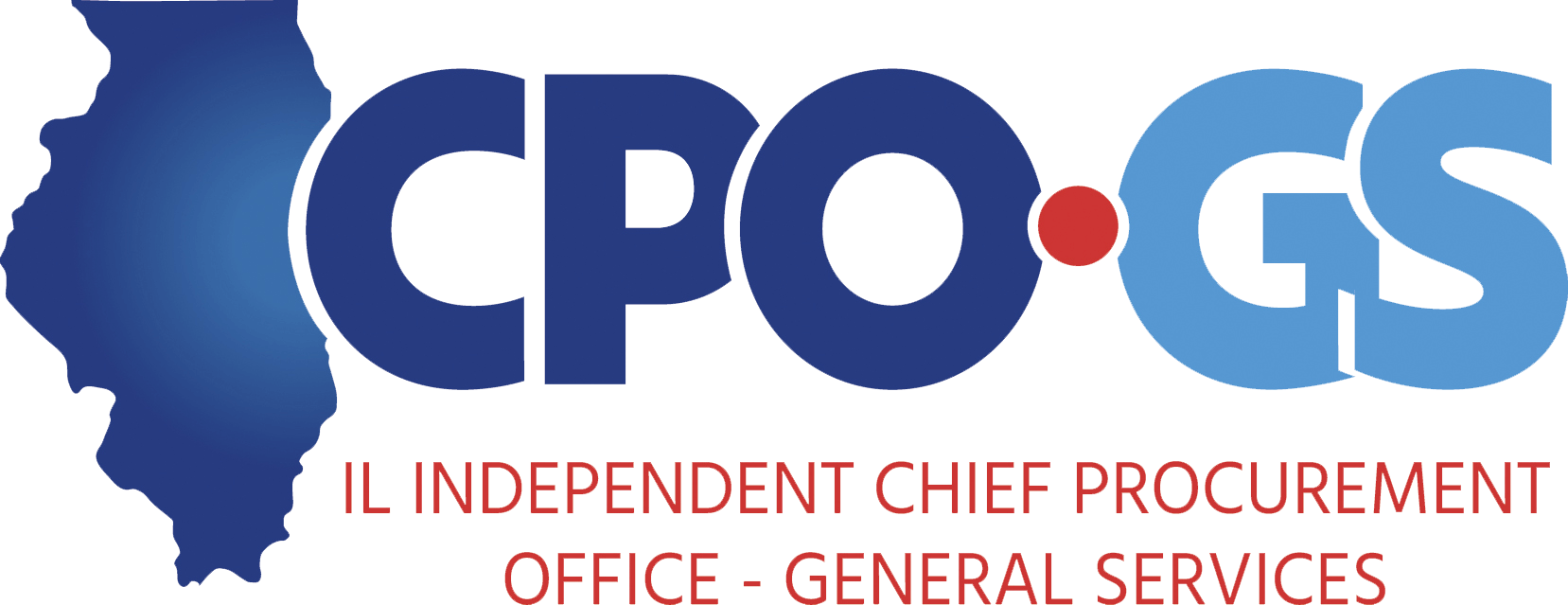C2D Definitions
Downloadable/Printable version available here.
- BEP: The Business Enterprise Program (BEP) for businesses owned by minorities, women, and persons with disabilities is committed to fostering an inclusive, equitable, and competitive business environment that will support underrepresented businesses to increase their capacity, grow revenue, and enhance credentials.
- Business Spend: Percentage of spend from the offeror’s prior calendar year gross revenue that involves businesses owned by women, minorities, or persons with disabilities.
- Business Time: Hours spent in the prior calendar year on promoting DEI in the workplace and supporting businesses owned by women, minorities, or persons with disabilities.
- Calendar Year: As used by the State of Illinois, the fiscal year starts in July. However, for our purposes, we refer to and utilize the calendar year, which begins in January, to determine the prior year.
- Commitment to Diversity: A commitment to intentionally increasing diversity, equity, and inclusion, in business and the community.
- Commitment to Diversity Scoring: Utilizing the RFP process, bidding vendor’s efforts are evaluated and awarded points based on nationally recognized evaluation criteria: diversity of staff, policies that focus on DEI initiatives, time or monetary support given to WMD businesses and community organizations, and frequency of utilizing WMD businesses as subcontractors.
- Community Spend: Percentage of spend from the offeror’s prior calendar year gross revenue that involves community organizations or activities that support women, minorities, or persons with disabilities.
- Community Time: Hours spent in the prior calendar year on promoting DEI in the community or working with organizations that serve women, minorities, or persons with disabilities.
- Contract: a legally binding agreement between two parties regarding the buying and selling of goods or services.
- DEI: Diversity, equity, and inclusion is a term used to describe policies and programs that promote the representation and participation of minorities, women, and persons with disabilities.
- Educational Spend: Percentage of spend from the offeror’s prior calendar year gross revenue that involves education that supports women, minorities, or persons with disabilities and/or DEI initiatives.
- Educational Time: Hours spent in the prior calendar year on promoting DEI and supporting women, minorities, or persons with disabilities in education.
- Governing Board: Legally responsible for overseeing and running the business.
- Gross Revenue: The amount of money a business brings in from selling goods or services, with no expenses deducted.
- Management: A person who controls or administers all or part of the business.
- Minority: A person who is a citizen or lawful permanent resident of the United States and who is any of the following races or ethnicities: American Indian or Alaska Native (a person having origins in any of the original peoples of North and South America, including Central America, and who maintains tribal affiliation or community attachment); Asian (a person having origins in any of the original peoples of the Far East, Southeast Asia, or the Indian subcontinent, including, but not limited to, Cambodia, China, India, Japan, Korea, Malaysia, Pakistan, the Philippine Islands, Thailand, and Vietnam); Black or African American (a person having origins in any of the black racial groups of Africa); Hispanic or Latino (a person of Cuban, Mexican, Puerto Rican, South or Central American, or other Spanish culture or origin, regardless of race); Native Hawaiian or Other Pacific Islander (a person having origins in any of the original peoples of Hawaii, Guam, Samoa, or other Pacific Islands).
- Person with Disabilities: a person with a severe physical or mental disability that results from amputation, arthritis, autism, blindness, burn injury, cancer, cerebral palsy, Crohn’s disease, cystic fibrosis, deafness, head injury, heart disease, hemiplegia, respiratory/pulmonary dysfunction, intellectual disability, mental illness, multiple sclerosis, muscular dystrophy, musculoskeletal disorder, neurological disorder including stroke and epilepsy, paraplegia, quadriplegia and other spinal cord conditions, sickle cell anemia, ulcerative colitis, specific learning disabilities, end-stage renal failure disease and substantially limits one or more of the persons major life activities.
- Policy: Guidelines developed by an organization to govern its actions. They define the limits within which decisions must be made. Also deals with the acquisition of resources with which organizational goals can be achieved.
- Policy with Overarching Concepts: company philosophies, defined culture, and high-level aspirations.
- Policy with an Actionable Plan: a framework for achieving objectives and process guidelines.
- Senior Executives: means the chief executive officer, chief operating officer, chief financial officer, and anyone in charge of a principal business unit or function.
- Spend: the organization’s transactions for the purchase of goods, services, and charitable donations.
- Staff: Any person permanently employed by the business.
- Subcontract: A business or a person that undertakes work for a company as part of a larger project.
- Supervisor: individual immediately in line after management who is responsible for monitoring and regulating a staff in their performance of delegated duties.
- WMD: women, minorities, or persons with disabilities.
- WMD Business: A business in which at least 51% is owned and managed by a woman, minority, or person with a disability, or any combination of the three classes, who is a current United States citizen or permanent resident.
- Woman: a person who is a citizen or lawful permanent resident of the United States and who is of the female gender.

